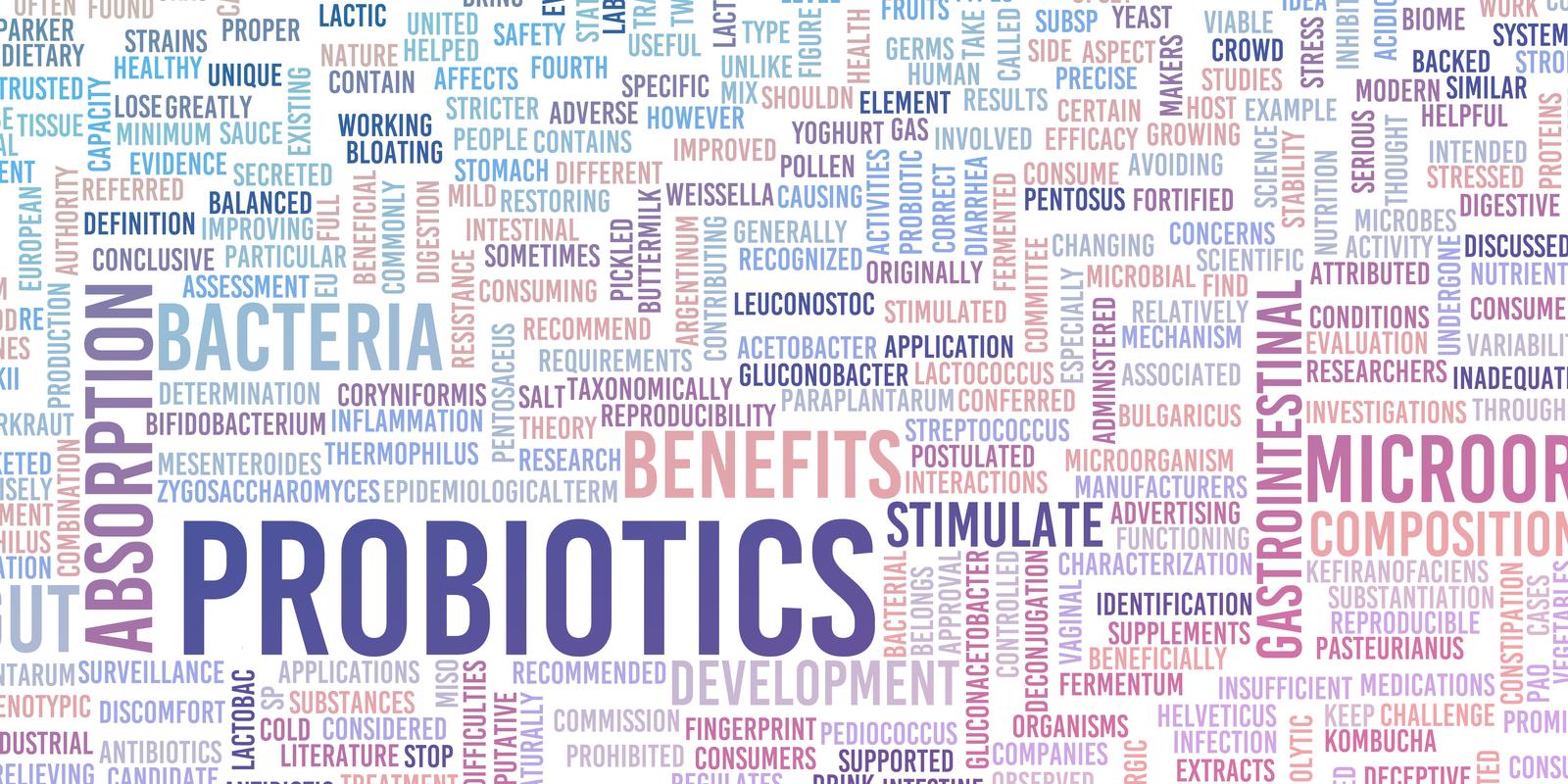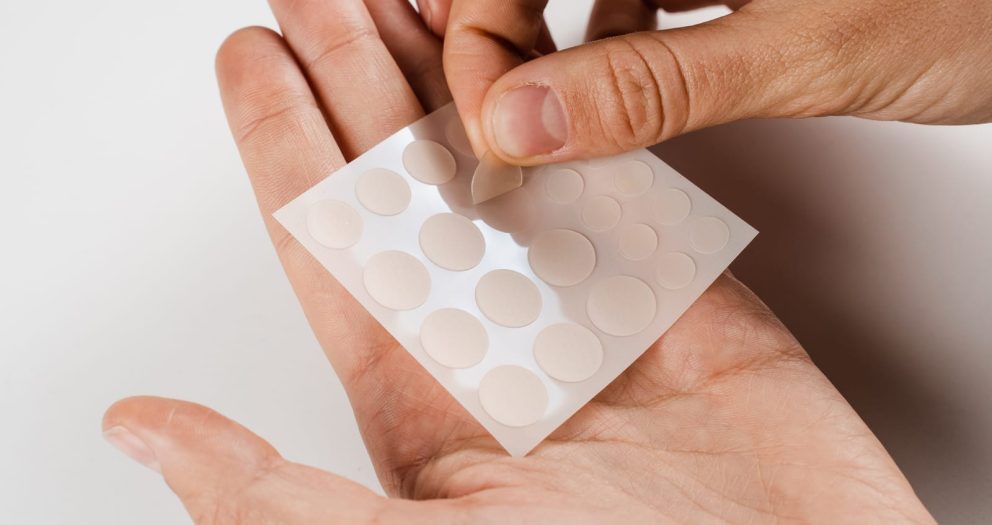Are you struggling with acne and considering taking probiotics? You’re not alone. Probiotics have gained immense popularity in recent years for their potential health benefits, including improved digestion and immune function. However, many people wonder whether probiotics could actually make their acne worse.
Consuming an excessive amount of probiotics could potentially disrupt the balance of your microbiota, leading to a higher likelihood of experiencing breakouts on your skin.
The relationship between probiotics and acne is complex and still not fully understood. While some studies suggest that certain types of probiotics could potentially worsen acne, others suggest that probiotics may actually be beneficial for improving skin health.
In this article, we will delve into the science behind probiotics and acne, exploring the potential benefits and drawbacks of probiotic supplementation for acne-prone skin. By the end, you’ll have a better understanding of whether probiotics are right for you and your skin.
Understanding Probiotics
Probiotics are live microorganisms that are often referred to as “good bacteria.” They are naturally present in the body, primarily in the gastrointestinal tract, but can also be found in other areas, such as the skin. Probiotics can also be taken in the form of supplements or added to certain foods, such as yogurt.
The primary function of probiotics is to maintain a healthy balance of microorganisms in the body. They help to support the immune system and aid in the digestion of food. Probiotics work by colonizing the gut, which means they compete with harmful bacteria for space and nutrients in the digestive tract. This competition can lead to a decrease in the growth of harmful bacteria, which may benefit overall health.
There are several different types of probiotics, including lactobacillus, bifidobacterium, and saccharomyces boulardii. Each type has a different function and can have varying effects on the body. Some probiotics may be more effective for certain conditions than others, so it’s important to choose the right type of probiotic for your needs.
Overall, the benefits of probiotics are vast, including improved digestion, immune function, and even mental health. However, taking too many probiotics or choosing the wrong type of probiotic could potentially disrupt the balance of microorganisms in the body, which may lead to adverse effects such as acne. Therefore, it’s important to be mindful of the types and amounts of probiotics you consume.
Can starting a probiotic cause acne?
Recent research has suggested that the effect of probiotics on acne may depend on the individual’s gut microbiome composition before they start taking probiotics.
A study published in the Journal of Investigative Dermatology found that individuals who had a diverse gut microbiome before taking probiotics were less likely to experience acne breakouts when they started taking probiotics. However, those who had a less diverse microbiome were more likely to experience acne breakouts after starting probiotics.
This study suggests that the link between probiotics and acne may not be as straightforward as previously thought. Instead, the individual’s gut microbiome composition may play a significant role in determining whether or not probiotics will be beneficial for their skin health.
While more research is needed to confirm these findings, this study sheds light on a potential new factor to consider when evaluating the impact of probiotics on acne. It highlights the importance of considering an individual’s unique gut microbiome when recommending probiotics for acne-prone skin.
Should I take probiotics if I have acne?
Deciding whether or not to take probiotics when you have acne can be a difficult decision. On the one hand, probiotics have been shown to provide numerous benefits, such as improving digestion, enhancing immune function, and promoting mental health. On the other hand, some studies suggest that probiotics may actually worsen acne in certain individuals.
The decision of whether to take probiotics for acne should be based on several factors, including the severity of your acne, the type of acne you have, and your gut microbiome composition. If you have mild to moderate acne, probiotics may be worth considering. However, if you have severe or cystic acne, it’s best to consult with a dermatologist or healthcare provider before taking probiotics.
When choosing probiotics for acne-prone skin, it’s essential to select a product that contains the right type of bacteria.
Lactobacillus and bifidobacterium are the most commonly studied probiotics for acne, but other strains, such as saccharomyces boulardii, may also be beneficial. It’s also important to choose a product that is backed by research and contains a sufficient number of live bacteria.
In conclusion, whether or not to take probiotics for acne is a personal decision that should be made based on several factors. While probiotics have been shown to provide many benefits, they may not be suitable for everyone with acne.
It’s essential to consult with a healthcare provider or dermatologist before starting a new probiotic regimen, especially if you have severe or cystic acne. By working with a healthcare professional and choosing the right type of probiotics, you may be able to improve your skin health and reduce the frequency and severity of acne breakouts.
References
- Healthline: “Can Probiotics Help Acne and Eczema?” – https://www.healthline.com/health/skin/probiotics-for-acne-and-eczema
- Harvard Health Publishing: “Can Probiotics Improve Your Skin?” – https://www.health.harvard.edu/staying-healthy/can-probiotics-improve-your-skin
- American Academy of Dermatology: “Probiotics: Can They Help Your Skin?” – https://www.aad.org/public/everyday-care/skin-care-secrets/routine/probiotics
- National Center for Complementary and Integrative Health: “Probiotics: What You Need To Know” – https://www.nccih.nih.gov/health/probiotics-what-you-need-to-know






